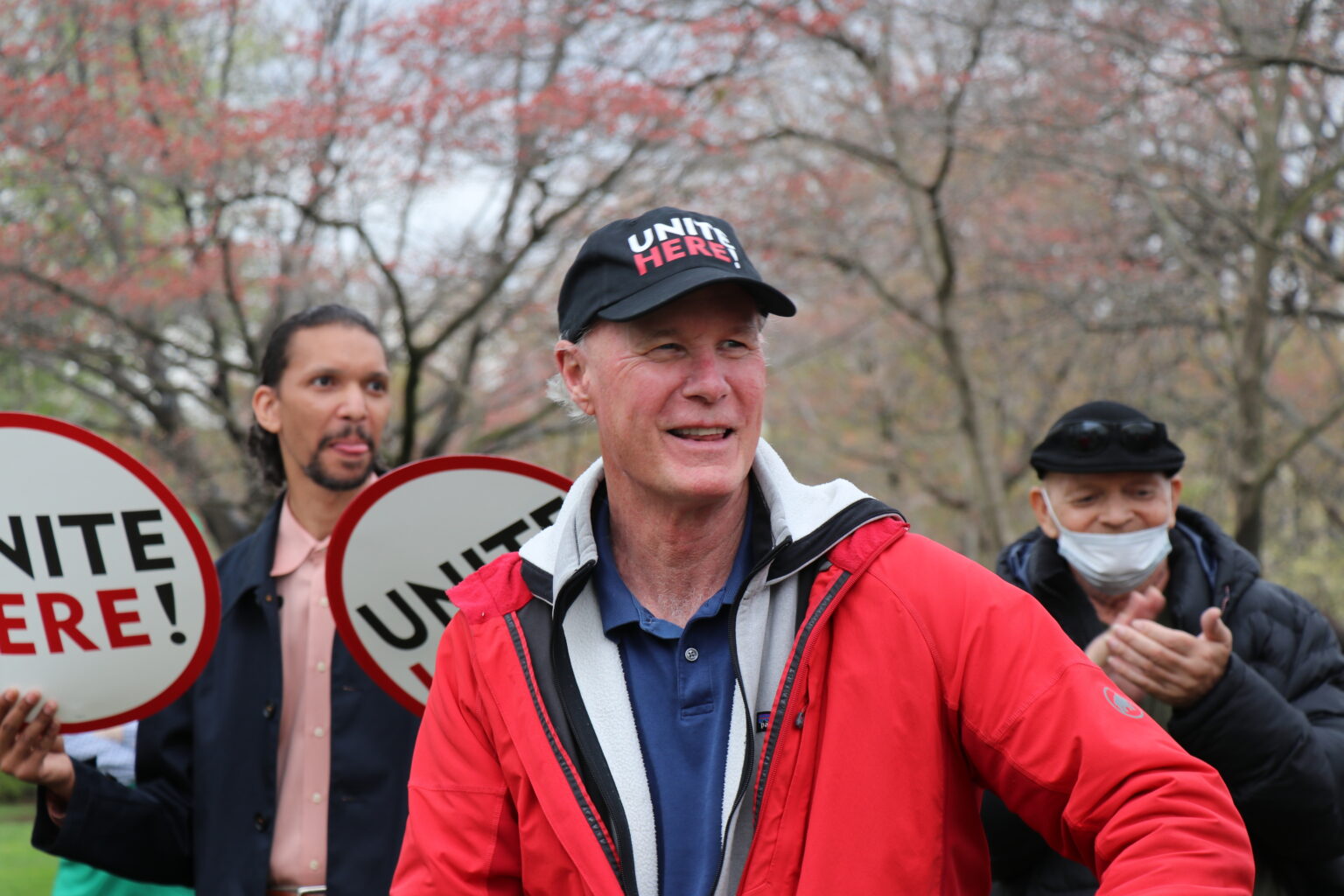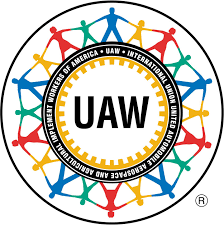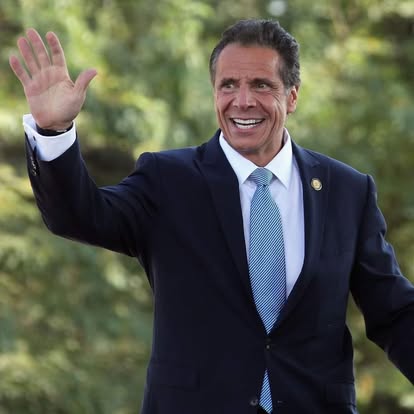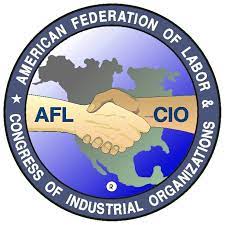Labor leader D. Taylor stepped down from his post as president of UNITE HERE at the beginning of April. His 40-year career in organized labor has gone from building food service and gaming unions in Nevada to leading one of the fastest-growing private sector unions in the country.
UNITE HERE is a 300,000-member international union serving the hotel, food service, laundry, warehouse and casino gaming industries, which built itself up into a key political player in a host of swing states and heated elections under Taylor’s tenure.
Taylor, whose birth name is Donald but has always gone by D., told LaborPress that it’s no accident that UNITE HERE outperformed expectations in a lot of red-state environments that labor leaders traditionally thought to be adverse to union organizing. Coming from his organizing roots in Nevada, Taylor has emphasized that the South is a key region for organized labor to target if they want to turn the tide in their favor.
Under Taylor’s presidency, the union organized over 140,000 new workers, with half of them were in right-to-work states, which most unions avoid given the right that workers have to benefit from union contracts without paying union dues.
“I think it’s crazy to avoid that. I think that you can change people’s lives and you can change the political landscape if you organize. I think workers are basically the same everywhere. They’re getting screwed by corporate America, and they want to have a better life,” he told LaborPress.
Though he’s leaving the helm, Taylor will continue to serve UNITE HERE as chairman of the union’s health and welfare fund as well as staying involved in efforts to organize the gaming industry. He said that a major reason for his resignation is to create room for younger organizers to begin leading the movement.
“I resigned as president because I actually think that the next generation deserves to get their shot,” he said. “I think over the last several years we’ve had younger leaders who I’m excited about and who will carry on the mantle and do a great job.”
In the decade before the more recent wave of resurgent labor activism, UNITE HERE had blazed trails in hundreds of new workplaces in the private sector. Soon after becoming president, Taylor announced an ambitious organizing goal in 2014 of organizing 50,000 new members in five years. The union surpassed this goal by organizing 62,000 new members in 2019.
In keeping with Taylor’s stance of pushing forward against perceived hostile political climates, the union kept its organizing after the election of President Trump in 2016.
“That didn’t stop us. We were not gonna use the excuse of a political change from organizing. And so we’ve kept that up. Like I said, we were steamrolling,” Taylor told LaborPress. “Up until the pandemic, we were the fastest-growing private sector union.”
Though the union persevered under the political headwinds of the Trump era, the pandemic did end up having a sudden slowing effect on organizing — that has since turned around in keeping with the wave of new organizing.
“The pandemic whacked us. We had 98% of our members not working, but we fully recovered as far as our mojo on organizing last year. We organized over 20,000 people,” Taylor said.
Though he toted the union’s recent growth, Taylor didn’t underplay the impact of the pandemic, which drove some of UNITE HERE’s into other industries, including Amazon, which he said could benefit from a multi-union effort toward organizing. Union density and power are the necessary forces to U.S.’s overall tide of union membership, which has not consistently trended up since the 80s.
“We’re organizing non-union workers because if we want to change income inequality in this country, we have to have a lot more workers in unions. I mean, it’s not by accident that the rise of income inequality completely reflects the decline in union density in our country,” Taylor said.
UNITE HERE’s Secretary-Treasurer Gwen Mills is expected to succeed Taylor as the first-ever woman in the union’s history to serve as International Union President.






